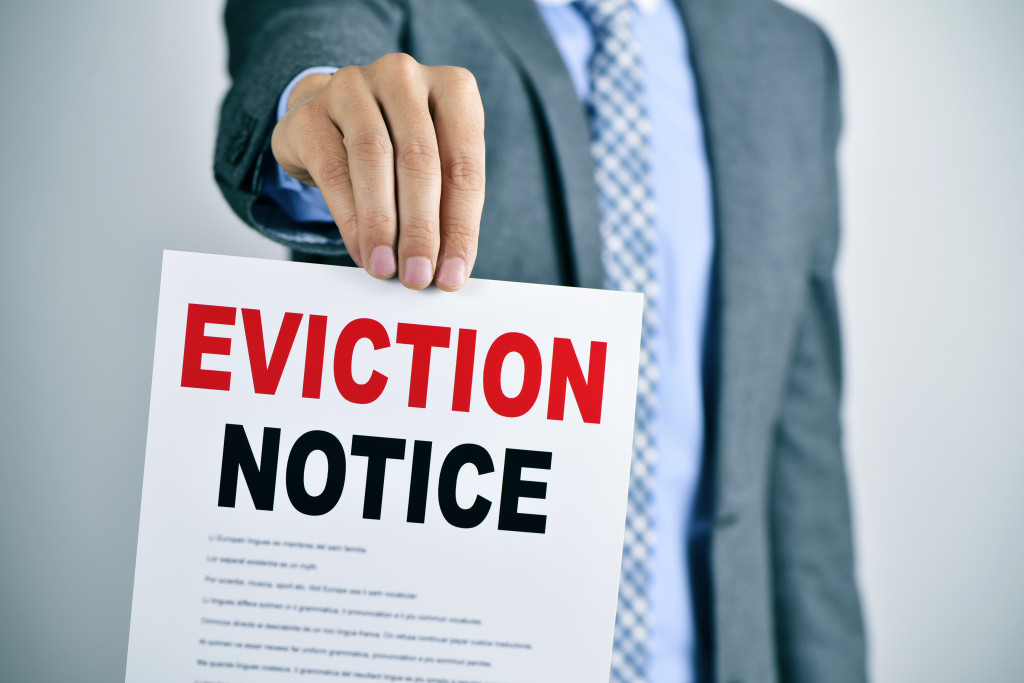As a landlord, you try to accept residents who you think will pay rent on time, care for your property as you do, and adhere to your terms. But when residents suddenly fail to pay, you’ll most likely feel nervous, trying to create scenarios in your head to solve this problem. Should you give them a visit right away? Should you give them more time? It would all depend on the contract.
The main objective of this article is to enlighten landlords about what they should do when a tenant does not pay rent. We will also talk about the best practices for landlords to manage their properties better.
Minimizing the Risk of Late Rental Payments
The best way to deal with late rental payments is not to have late payments at all. And you can do this by following a few practices that minimize the risk of late payments.
Screen Your Tenants
Before agreeing to rent out a property to one tenant, try to find out as much as you can about their history. Take the time to review the following information:
- Rental history
- Credit history
- Eviction history (if there’s any)
Have a Written Agreement
A written agreement in place is vital if the tenant fails to comply in the future. You can use it to your advantage if things get out of hand and you need to file a case. Your lawyer and process server company will mostly ask for a copy to check if the terms are indeed violated and if you can use that to sue the tenants.
Typically, lease agreements include a consistent and transparent policy about rent collection. It should also state the following:
- The amount of the rent
- Due date of the rent
- If there is any grace period for payment
- Where to send the payment? (online transfers, cheque, or cash)
Furthermore, the rent collection policy should also involve details about late fees and penalties to be imposed if the tenant fails to pay.
However, you need to consistently enforce late penalties and fees to show your tenants that you do not tolerate late payments. When landlords always agree to wave fees, tenants develop a habit of always paying late.
Doing so shows them that you need them to pay the rent on time. Don’t let tenants practice the habit of late payments because, in the end, you will have a hard time.
Legal Notices and Eviction

Despite your efforts to minimize late payments, it’s still possible that some tenants will be delinquent. At this point, you have the right to provide legal demand notices (yet this term may depend on the state where the property is located).
Legal demand notices refer to the documentation you give to the resident as a warning to start the eviction process. Landowners usually provide the notice five days ahead, giving their tenants the chance to pay up the rent or vacate the property. The written notice should indicate that the payment is late and that they have a specific number of days to move out or pay.
Often, tenants will respond quickly and pay up as soon as they receive the notice because they don’t want to be evicted. Finding a new place to rent is difficult, so they try to stop the eviction process right away.
As previously mentioned, the process may differ by state. So make sure to know the kind of notice you can serve to delinquent tenants and the documentation you need to start the eviction process.
Your Jurisdiction and Rights
After serving the notice, your tenants need to respond and pay within the indicated period. Otherwise, it’s time to move to the next steps.
First of all, you need to understand that the market you’re in matters. You need to understand your jurisdiction and how long the eviction process will take. In some states, you’ll have to wait three to four months to get a court date. This can be pretty expensive because you will not be receiving payments from your tenants for those months.
And since waiting for a court date may take some time, some landowners agree to a mediation requirement, which can be worth it in the end. Here, you will set up a new payment plan with your tenants to help them get back on track. It’s a win-win option because you no longer have to go through the legal process, and they get to keep renting the property.
In summary, the process of evicting tenants and collecting payments can be complicated. Even though your tenants are not paying anymore, you need to follow the law. You cannot threaten them, lock the property, or turn off the utilities.
Try to stay professional in handling matters like this. If possible, consult a lawyer to understand your rights further and what you can do to collect payments while adhering to the law.



